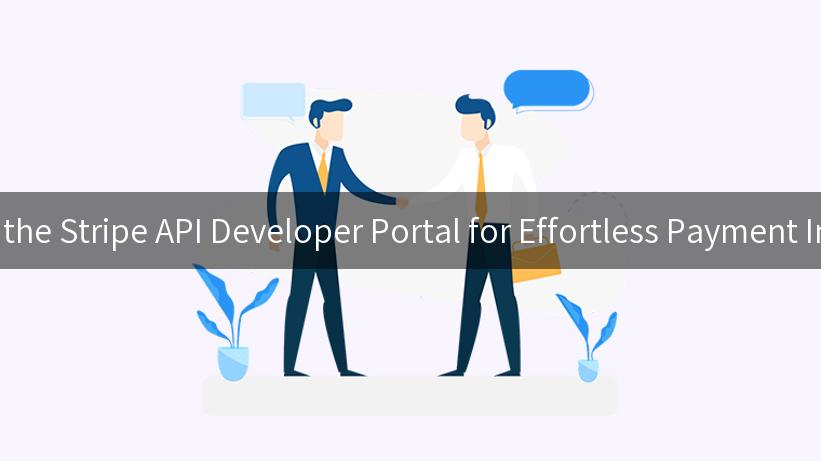
In the rapidly evolving world of online payments, the Stripe API Developer Portal stands out as a crucial tool for developers looking to integrate payment processing into their applications. With the rise of e-commerce and digital transactions, understanding how to effectively utilize this portal is essential for any developer aiming to streamline payment workflows and enhance user experiences.
Why Stripe API Developer Portal Matters
As businesses increasingly shift to online platforms, the demand for reliable payment solutions has surged. The Stripe API Developer Portal provides a comprehensive suite of tools and documentation that empowers developers to build, test, and deploy payment systems with ease. This portal is not just a resource; it is a gateway to innovation in payment processing.
Core Principles of the Stripe API
The Stripe API operates on a RESTful architecture, allowing developers to interact with the payment processing system through standard HTTP requests. This means that developers can create, read, update, and delete resources using simple HTTP methods such as GET, POST, PUT, and DELETE. The API is designed to be intuitive, with clear endpoints that facilitate seamless integration.
For instance, when a user initiates a payment, a POST request is sent to the Stripe API with the necessary payment details. The API processes the request and returns a response indicating the success or failure of the transaction. This straightforward interaction model simplifies the development process and reduces the likelihood of errors.
Practical Application Demonstration
To illustrate the power of the Stripe API Developer Portal, let’s walk through a simple example of integrating a payment system into a web application.
Step 1: Setting Up Your Stripe Account
Before diving into code, you need to create a Stripe account and obtain your API keys. These keys are essential for authenticating your requests to the Stripe API.
Step 2: Installing the Stripe Library
Using Node.js as our backend, we can install the Stripe library via npm:
npm install stripe
Step 3: Creating a Payment Intent
Next, we can create a payment intent in our application:
const stripe = require('stripe')('your_secret_key');
app.post('/create-payment-intent', async (req, res) => {
const { amount } = req.body;
const paymentIntent = await stripe.paymentIntents.create({
amount,
currency: 'usd',
});
res.send({ clientSecret: paymentIntent.client_secret });
});
Step 4: Handling the Payment on the Frontend
On the frontend, we can use Stripe.js to handle the payment:
const stripe = Stripe('your_publishable_key');
const { clientSecret } = await fetch('/create-payment-intent', {
method: 'POST',
body: JSON.stringify({ amount: 1000 }),
headers: { 'Content-Type': 'application/json' },
}).then((r) => r.json());
const { error } = await stripe.confirmCardPayment(clientSecret, {
payment_method: { card: cardElement },
});
In this example, we create a payment intent on the server and confirm the payment on the client side. This process illustrates the seamless interaction between the frontend and backend facilitated by the Stripe API.
Experience Sharing and Skill Summary
In my experience working with the Stripe API Developer Portal, I have encountered various challenges, particularly around handling payment errors and managing webhooks. One key strategy is to implement robust error handling. For example, when a payment fails, providing clear feedback to users can significantly enhance their experience.
Additionally, leveraging webhooks to listen for events such as successful payments or refunds can help automate processes and keep your application in sync with Stripe. Setting up webhook endpoints and handling events effectively is crucial for building a responsive payment system.
Conclusion
The Stripe API Developer Portal is a powerful resource for developers looking to integrate payment processing into their applications. By understanding the core principles and practical applications of the Stripe API, developers can create seamless payment experiences that meet the needs of modern consumers.
As we look to the future, the importance of payment processing will only grow. Developers should continue to explore the capabilities of the Stripe API and consider the challenges that may arise, such as data security and compliance with regulations. Engaging with the Stripe community and staying updated with the latest developments will be key to leveraging this technology effectively.
Editor of this article: Xiaoji, from AIGC